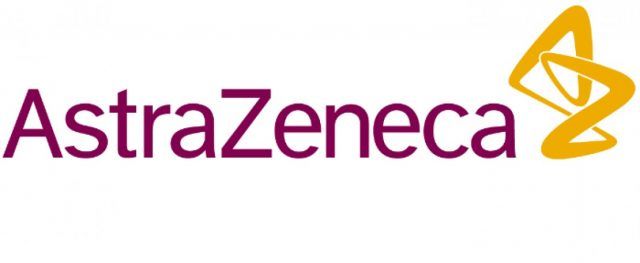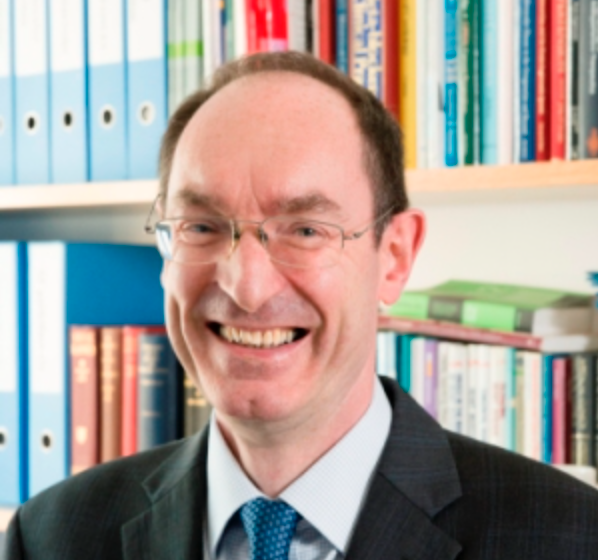What Does the Cardiologist Need to Know About SGLT2 Inhibitors?
Published: 25 August 2020
-
Views:
 3829
3829
-
Likes:
 7
7
-
Views:
 3829
3829
-
Likes:
 7
7
Overview
In this Educational Symposium from the e-SPACE Heart Failure Global Web-Conference, John McMurray, Mikhail Kosiborod and Avivit Cahn discuss historical data demonstrating the efficacy of SGLT2 inhibitors in HF patients with T2DM, look at data on the use of the agents in non-diabetics and other populations with HFrEF in regards to the DAPA-HF study; and assess how SGLT2 inhibitors should be incorporated within the context of existing therapies in the HFrEF landscape.

Education Objectives
- Revisit or Enhance Awareness of Historical Data Demonstrating the Efficacy of sglt2 Inhibitors With Regards to Hf Outcomes in Type 2 Diabetes Populations
- Explore the Recent Emergence of the SGLT2 Inhibitor Class in Non-Diabetes HF Populations and the Clinical Effects of Dapagliflozin Across a Broad Range of Patients With HF With Reduced Ejection Fraction (HfrEF) From the DAPA-HF Trial
- Strengthen Understanding of How to Use SGLT2 Inhibitors Safely and Effectively in HfrEF, and Within the Context of Existing Therapies in the HFrEF Landscape
More from this programme
Part 1
Welcome & Introductions
| 1 session | |
| Welcome & Introductions | Watch now |
Part 2
SGLT2 in Prevention of Heart Failure
Part 3
DAPA-HF ‘Deep Dive’
| 1 session | |
| DAPA-HF ‘Deep Dive’ | Watch now |
Part 4
Panel Discussion
| 1 session | |
| Panel Discussion | Watch now |
Faculty Biographies

John JV McMurray
Professor of Cardiology
Prof John McMurray is Professor of Medical Cardiology and Deputy Director of the Institute of Cardiovascular and Medical Sciences at the University of Glasgow, and honorary Consultant Cardiologist at the Queen Elizabeth University Hospital, Glasgow. A graduate of Manchester University, Prof McMurray completed postgraduate research at the University of Dundee.
Prof McMurray is a Fellow of the European Society of Cardiology (ESC), American College of Cardiology and American Heart Association as well as the medical Royal Colleges in Edinburgh and Glasgow and the Royal Society of Edinburgh and UK Academy of Medical Sciences.









